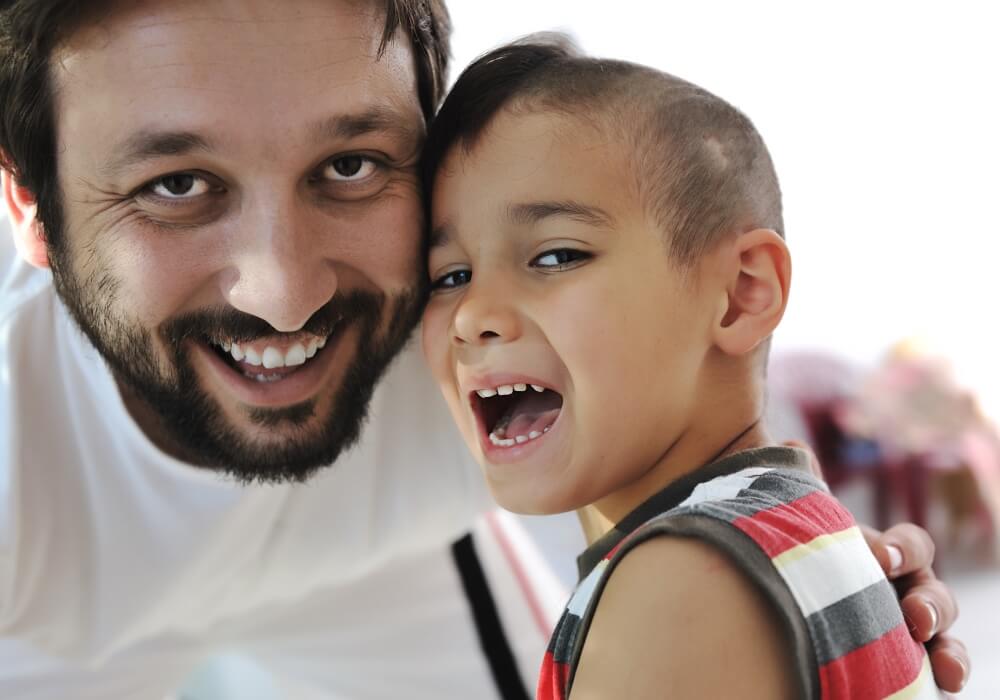How upsetting is it when our children don’t want to do what we know they should? Wouldn’t it be amazing if they just accepted that we know better than them because we have been around longer and also love them so much that we wouldn’t deliberately give them bad instructions?
How often do we have conversations like this:
Parent: “Brush your teeth beta”
Child: “No I don’t want to!”
Parent: “But then your teeth will be stinky”
Child: “I don’t care.”
Parent: “fine no chocolate for you tomorrow.”
Is there a better way?
Do we always do what we know we should? I know that I for one certainly don’t!
So then how can we get our kids to do what we sometimes won’t do ourselves?!
A great start is by acknowledging our children’s emotions. Unfortunately, it is often a misunderstanding that accepting that a child is experiencing a particular emotion such as anger is accepting any unsocial behaviour that they may be exhibiting as a consequence of the emotion.
What does this mean exactly? It is probably easier to see through the use of a couple of examples:
Example 1:
Your child is angry that you are not allowing them to eat chocolate.
Response accepting emotions:
“It’s very frustrating not being allowed to eat chocolate isn’t it? You love eating chocolate because it is so delicious. I love eating chocolate too. I wish it was not so bad for our health. We will eat healthy food today so we can both have nice clean shiny teeth. Then maybe in one week we can share some chocolate together as a reward for being so healthy for one whole week”.
This acceptance of the child feeling frustrated and upset about not being allowed to eat chocolate is very different from actually allowing the child to eat chocolate. It is allowing the child to feel heard and validated without actually submitting to their wishes which in the example would be bad for them.
Example 2:
Your brother tells you that his boss swore at him and he wanted to punch his boss in the face. He didn’t actually do it, but just wanted to.
If you respond by telling him that
“you can’t punch your boss. That’s an awful thing to want to do. Violence is never the answer. Your boss didn’t hit you. He only used words.”
Do you think your brother would appreciate the advice?
How about if you said:
“It’s awful that your boss swore at you. That must have made you feel so angry. It’s totally understandable that you felt like hitting him. It’s so good that you controlled yourself and didn’t because we both know that violence is never a good answer”
This second example is to show that children and grown ups are completely alike when it comes to having their emotions heard and validated. When fellow adults tell us their problems, we find it easier to empathise with their problems and respond respectfully to their emotional state. However when children tell us their problems, too often we instinctively want to shut their emotions down and try to overcome their emotional state with cold logic.
Acknowledging emotions is vitally important when dealing with children and grown ups alike. Unfortunately we often forget that children are little adults with big emotions just like us although the problems behind the emotions feel like small problems to us.
May we be a people who strive to better understand and acknowledge our children’s emotions lest we lose them to people who will!

